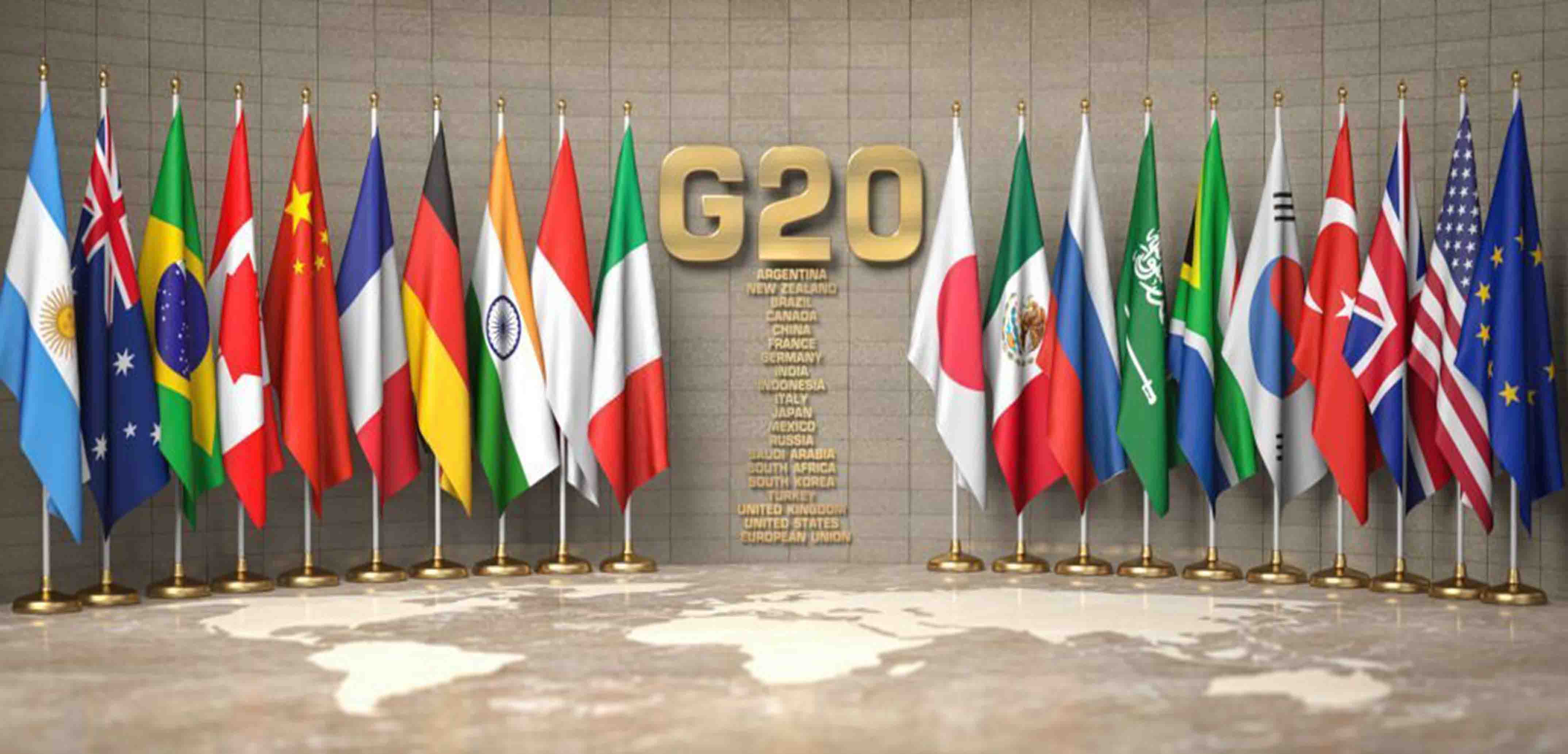
G20 Summit in New Delhi: A Catalyst for Global Logistics and Innovations
G20 Summit in New Delhi: A Catalyst for Global Logistics and Innovations
The recent G20 summit held in New Delhi, India, brought together bureaucrats from around the world and underscored the essential role of logistics in making such gatherings possible. In fact, one could say that the G20 and logistics are synonymous, as without efficient transportation, the summit would not have taken place.
Financial Matters Addressed
Startups have evolved into the driving force behind innovation-fueled economic rejuvenation, reorientation, and expansion on a global scale. To ensure their rapid growth, startups require a thriving and conducive environment, necessitating that national and international policies, frameworks, and regulations adapt to the pace of innovation. The Startup20 engagement group, launched during India's G20 presidency in 2023, serves as a unifying platform for diverse stakeholders, amplifying the global startup ecosystem's voice. It has embarked on a mission to craft a unified global narrative that champions startups and fosters collaboration among startups, corporations, investors, innovation agencies, and other pivotal players within the ecosystem. Rajan Anandan, Managing Director of Peak XV Partners, emphasised one of the most significant recommendations arising from this effort: each G20 nation should commit to investing 1% of their GDP into startups by the year 2030.
Indian Prime Minister Narendra Modi and British Prime Minister Rishi Sunak made a joint commitment to pursue a free trade agreement (FTA). Their discussions encompassed collaboration in areas of defence technology, innovation, and consular matters. Sunak conveyed the United Kingdom's determination to negotiate a trade deal that mutually benefits both nations. FTAs hold the promise of substantial advantages for import logistics, including cost reductions, expedited clearance procedures, and expanded market access. This, in turn, can lead to significant cost savings and improve the profitability of import-related operations.
Infrastructure Development for Seamless Movement
The United States, India, and Gulf nations engaged in discussions regarding an expansive rail and port network designed to connect the region. This ambitious initiative carries the potential to significantly improve cargo transportation efficiency, alleviate road congestion, and mitigate environmental impacts. By enabling seamless multimodal transport, it stands to reduce operational costs and expedite the movement of goods, ultimately fostering both economic growth and sustainability. Referred to as the ‘third revolution in the making,’ “the Mumbai-Ahmedabad High-Speed Rail project holds immense promise,” said Prime Minister Modi. Union External Affairs Minister S. Jaishankar went on to describe this high-speed rail undertaking as having a "profound ripple effect" on the nation. This transformative project will establish a crucial link between India's economic and financial epicentre, Mumbai, and the largest city in the state of Gujarat, Ahmedabad. Once completed, it will mark the country's inaugural high-speed rail line.
Regarding technological transformation and digital public infrastructure, the discussions highlighted the pivotal role technology can play in swiftly bridging existing digital gaps and expediting inclusive, sustainable development. Artificial Intelligence (AI) has the potential to revolutionise manufacturing processes and optimise last mile delivery, ensuring efficient production and timely service to end-users, thereby enhancing overall business operations. Furthermore, AI was acknowledged as a tool to enhance safety, security, resilience, and trust in the digital economy.